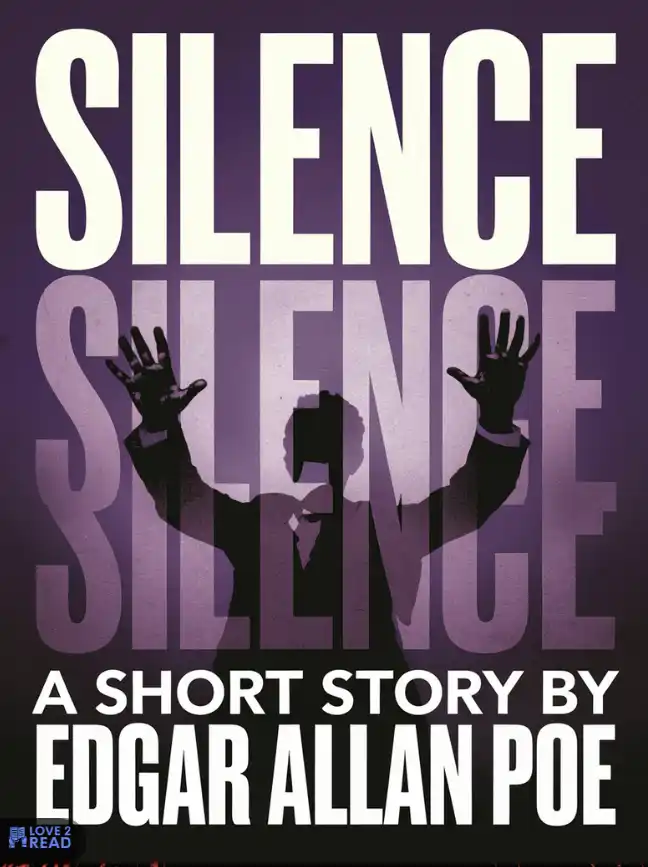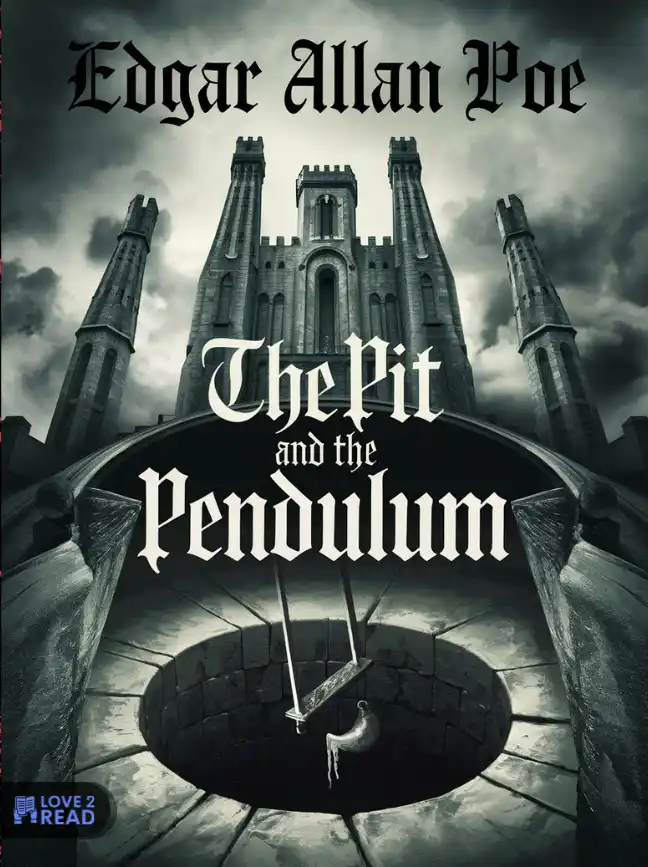Another apartment in the castle.
The KING enters with his retinue .
KING.—I have sent for him, and the body is sought. How dangerous it is that this man should go at liberty! Yet the strict law must not be applied to him; he is beloved by the disorderly multitude, who love, not by their judgment, but by their eyes; and where it is thus, the scourge that falls on the offender is weighed, never the offense. That all may pass quietly and quietly, this sudden removal must appear a considered decision. Evils that are grown desperate require desperate remedies to be cured or are not cured at all. ( Rosencrantz enters .) Well! what has happened?
ROSENCRANTZ.—Where is the body laid? That is what we cannot get from him, my lord.
THE KING.—But where is he?
ROSENCRANTZ.—At the gate, my lord; he is guarded and awaits your orders.
THE KING.—Bring him before us.
ROSENCRANTZ.—Hello! Guildenstern, bring in my lord.
(Hamlet and Guildenstern enter.)
THE KING.—Come, Hamlet, where is Polonius?
HAMLET.—At supper.
THE KING.—To supper? Where then?
HAMLET.—Not where he eats, but where he is eaten: there’s a certain congress of political vermin that deals with him this very moment. Your worm is the emperor that alone presides over all your diet:33 We fatten all other creatures to make ourselves fat; and we fatten ourselves for the maggots. Your fat king and your lean beggar are only two courses, but for the same table: that is the end of it all.
Note 33: (back) The worms, in English: the worms . It is known that it was in the city of Worms that several of the most famous diets were held by the emperors of Germany, among others that of 1521, famous in all Protestant countries as having resulted in the Edict of Worms against Luther. It will therefore be easy to understand how, in the text of Hamlet’s sinister jokes, the worms, the emperor and the diet mingle and play. All your diet , that is to say all your habits of food and life, according to the old meaning of the word, which usage has now reduced to the point of changing it entirely and making it almost synonymous with young .
THE KING.—Alas! alas!
HAMLET.—A man may fish with the worm that did eat a king, and eat the fish that did eat that worm.
THE KING.—What do you mean by that?
HAMLET.—Nothing, but only to show you how a king may make a journey through a beggar’s bowels.
THE KING.—Where is Polonius?
HAMLET.—In heaven: send thither. If your messenger find him not there, go thyself to the other place for him. But truly, if you find him not within a month, you shall smell him as you ascend the gallery stairs.
THE KING, to someone in his suite. —Go and get him there.
HAMLET.—Oh! he will wait till you come.
(Some men from the retinue leave.)
KING. Hamlet, for your own safety, which concerns us as tenderly as what you have done grieves us, this action requires that you depart hence with the speed of lightning. So prepare yourself: the boat is ready, and the wind is fair, your companions wait for you, and all things are arranged for your journey to England.
HAMLET.—In England?
THE KING.—Yes, Hamlet.
HAMLET.—That is well.
THE KING.—You speak true; if you know our plans.
HAMLET.—I see an angel that sees them. But to England! Farewell, dear mother.
THE KING.—And your father who loves you, Hamlet?
HAMLET.—My mother! father and mother are husband and wife; husband and wife are one flesh; and so, my mother…..Come to England!
(He leaves.)
KING.—Follow him step by step; draw him on board with all speed. Delay not; I will have him out of here this evening. Go, for all that touches this matter is done and sealed; I pray you, hasten. (Exit Rosencrantz and Guildenstern . ) And you, England, if you hold my friendship for anything (as my great power may make that point tender to you, since your scar still shows bright and red where the Danish sword passed, and since the free movement of your fear does us homage), you will not coldly receive our sovereign message, which plainly implies, by letters urgent to that effect, Hamlet’s immediate death; hear me, England! for it rages like a fever in my blood, and you must cure me. Till I know it is done, whatever may befall me, my joys shall not begin again.
(He leaves.)





